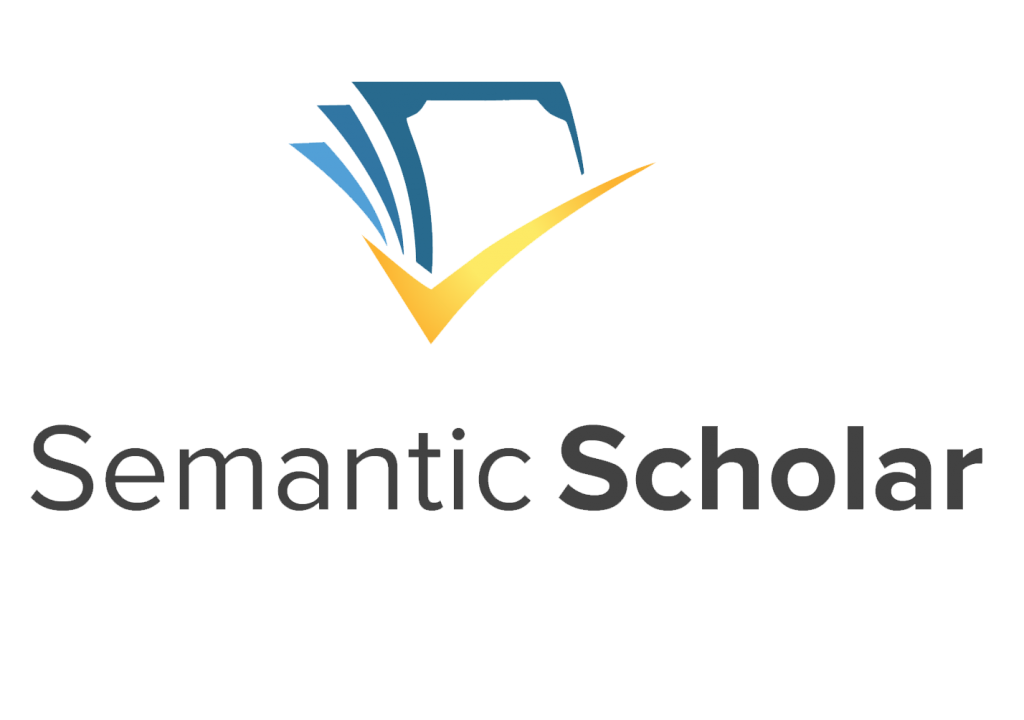ENSURE THE LONG-TERM VIABILITY OF SUSTAINABLE DEVELOPMENT
DOI:
https://doi.org/10.61778/ijmrast.v2i3.42Keywords:
distribution, organizational transformation, operational effectiveness, accounting principles, stakeholder evaluation, and sustainable progressAbstract
Objectives: Despite the assertions made by several organizations regarding their engagement in sustainable development, empirical evidence suggests a lack of comprehensive understanding regarding its specific components. The primary objective of this research is to critically reassess the conceptualization of sustainability and illustrate how an organization's utilization of accounting practices can impede its capacity to discover sustainable practices.
Design/methodology/approach: This study presents an analysis of the limitations inherent in current definitions of organizational activity and presents a theoretical argument that highlights the importance of redefining efficiency in order to achieve sustainability.
The findings of the study indicate that efficiency is not achieved solely via cost reduction, but rather through the identification of activities that contribute value. Furthermore, it illustrates that achieving sustainability is unattainable without considering the equitable distribution of the consequences of an organization's actions.
The research is subject to some limitations and repercussions. The study introduces an alternative framework of sustainability that highlights crucial components that are commonly overlooked, hence creating opportunities for further exploration.
Practical implications: The acquisition of knowledge on the fundamental elements of sustainability can significantly enhance an organization's capacity to make strategic decisions.
The paper presents a novel approach to sustainability management and explores the relationship between corporate sustainability and corporate accounting, a subject that is often overlooked.
Downloads
Published
Issue
Section
License
Copyright (c) 2024 International Journal of Multidisciplinary Research in Arts, Science and Technology

This work is licensed under a Creative Commons Attribution-NonCommercial 4.0 International License.












